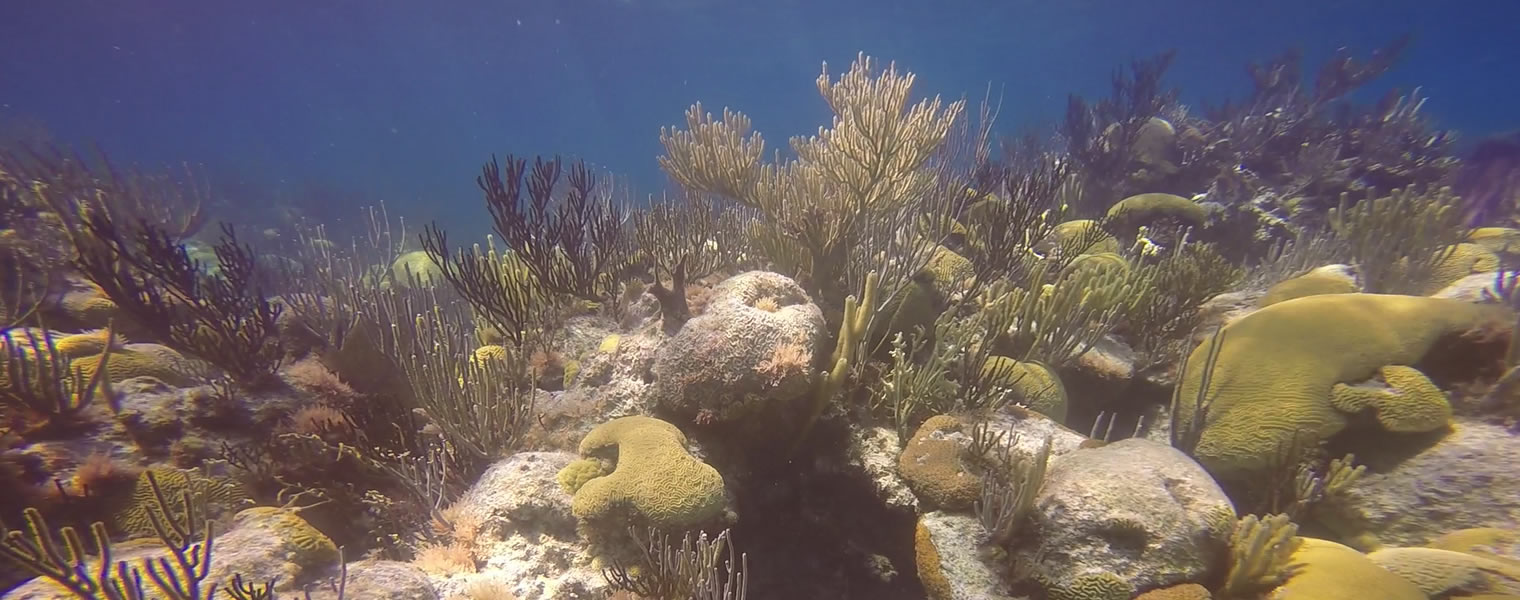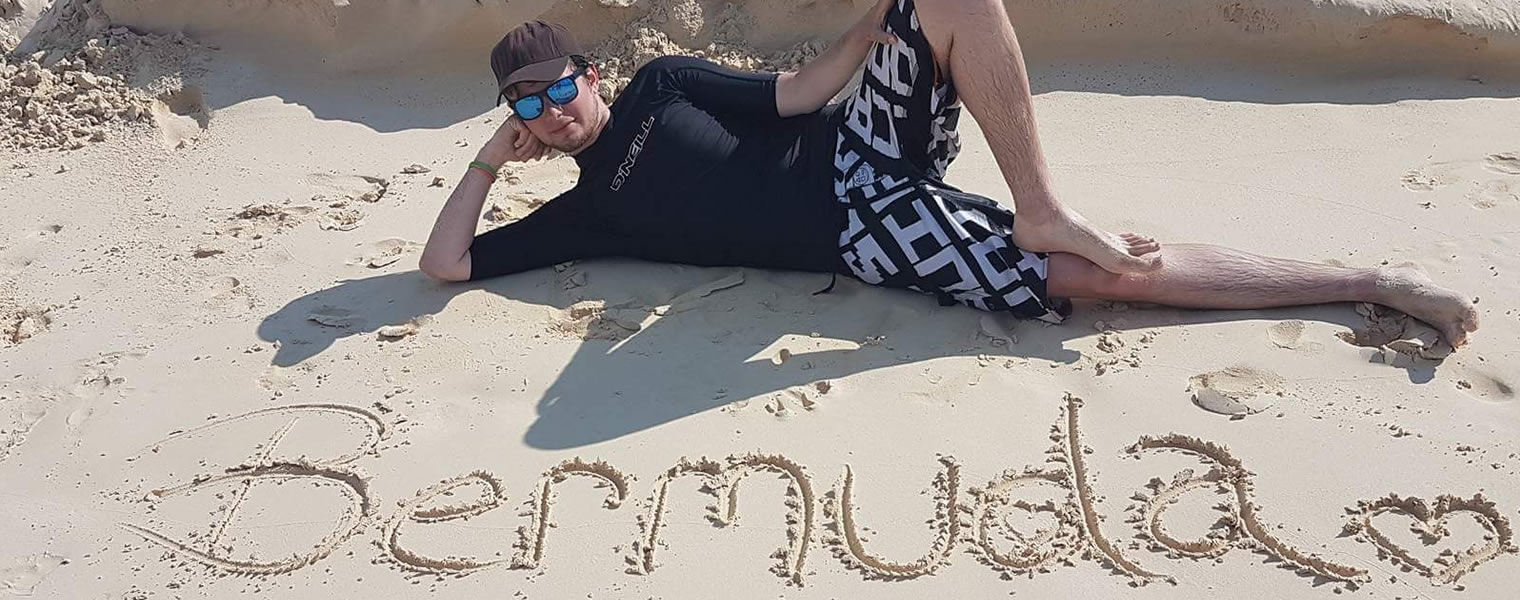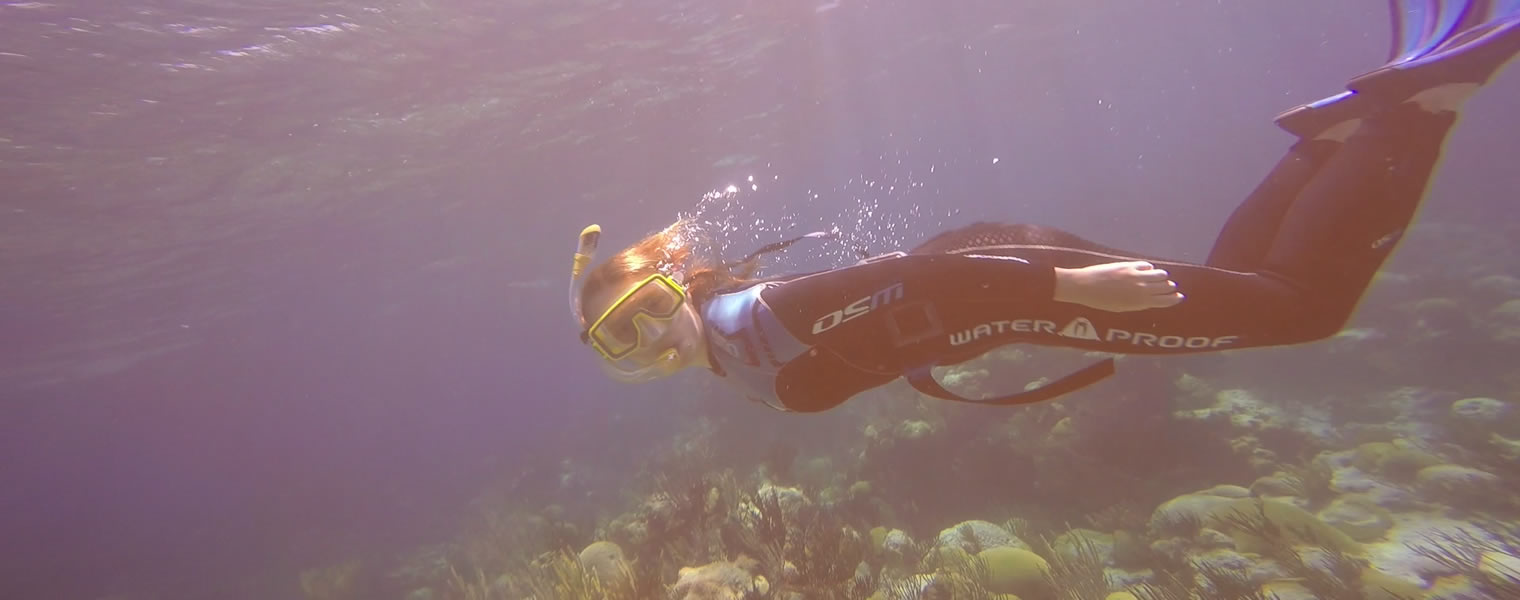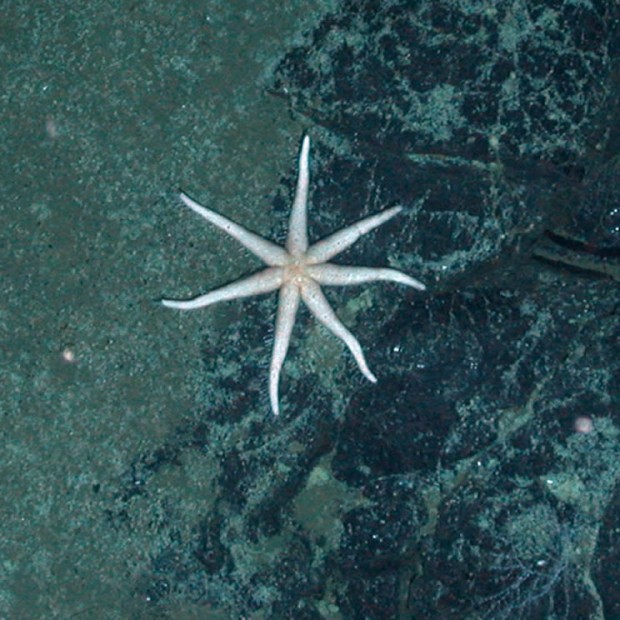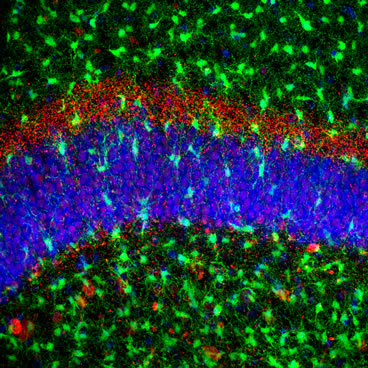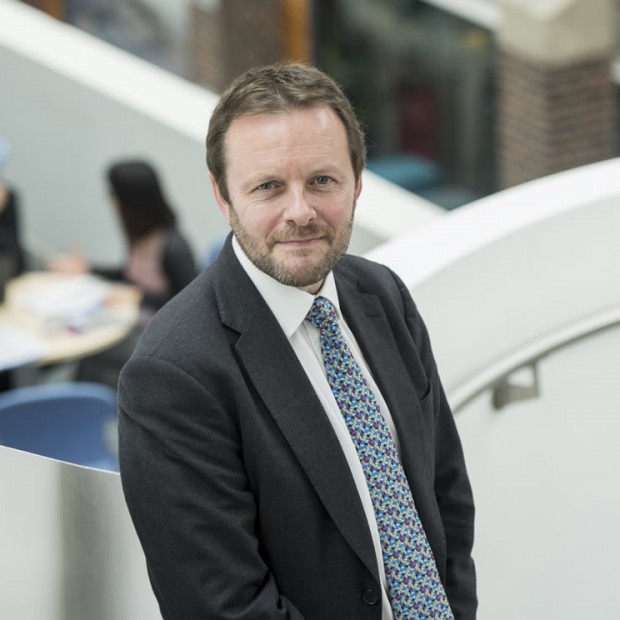Hartley News Online Your alumni and supporter magazine
There are many reasons why students are drawn to degree courses in Ocean and Earth Science at Southampton, based at the prestigious National Oceanography Centre Southampton (NOCS). For those studying MSci Marine Biology and MSci Biology and Marine Biology, the opportunity to attend a ten-day field course in Bermuda is high on the list.
The trip to Bermuda Institute of Ocean Sciences (BIOS) at the end of the third year provides a unique opportunity to put theoretical skills into practice in an inspirational environment. Dr Antony Jensen, Associate Professor in Marine Ecology and a Southampton alumnus explains: “By taking students to BIOS, a centre of research excellence, we can immerse them in the vibrant scientific culture of the organisation as well as making the most of the fieldwork opportunities offered by its excellent location. The field course provides very hands on, student-led fieldwork, followed by independent data analysis, mimicking the way that science is undertaken across the real world.”
BIOS is host to some of the longest-running oceanic and atmospheric measurement programs in the world, facilitating research on both local and global environmental issues.
For marine biology students, the trip to the Institute is a highlight of the course. As Kieran Murray, who undertook the course in summer 2017, says:
“It’s a unique trip and in my cohort it was something that people had been looking forward to since the day they arrived. It’s a fantastic opportunity to prove that we can apply knowledge from the last three years in an exciting environment.”
It is thanks to philanthropy from alumni and friends of the University that the next generation of students are able to take part in such remarkable opportunities around the globe. The fieldtrip is partly supported by The Gillings Family Foundation, which has been a keen supporter of the University and its pioneering research for over a decade. Students opting for the ten-day course need only pay for their flights, with all other costs covered.
Katey Valentine, said it was incredible to have the opportunity to carry out tropical marine biology in Bemuda, which was made possible thanks to the funding.
One of Katey’s highlights was a day trip out to see coral reef far offshore.
“Seeing its diversity and health made it the best reef I’ve ever seen. We were able to compare that with ship-scarred reef, and the damage that had been caused by a cruise ship when it ran aground on the coral,” adds Katey.
In order to maximise the opportunity, much is packed into the ten days. “We would be out sampling all day, then have to write a report on the data collected and finally present a poster, so it was a very intense period of research sampling and assessment,” explains Katey. “But working to tight deadlines showed the transition that would be required from academia to the working world.”
The fieldtrip is also invaluable in broadening horizons for those considering their next step. “Southampton has very good ties with BIOS and an internship is definitely something I want to consider, because it’s just such a fantastic place,” says Kieran.
The course has also made Katey think ahead. “I’ve always been interested in the research side of things, and being in Bermuda and conducting fieldwork confirmed that. It has helped me think about the future,” she says.
Dr Jensen is well aware of the draw of BIOS and the value in running the field course. “We know the location is inspirational, as evidenced by some of our graduate marine biologists making their own way back to work or volunteer with BIOS. That is why it is worth the effort to get students to such places,” he concludes.
